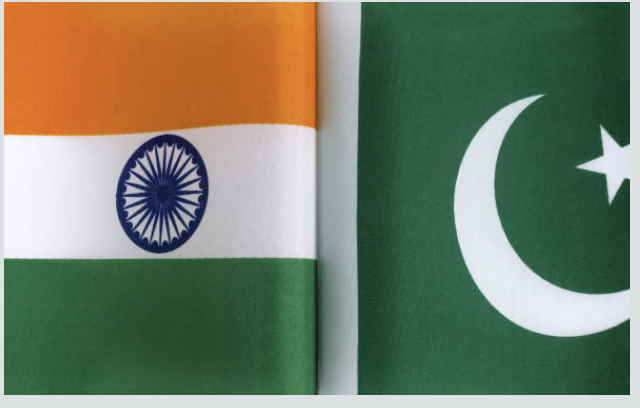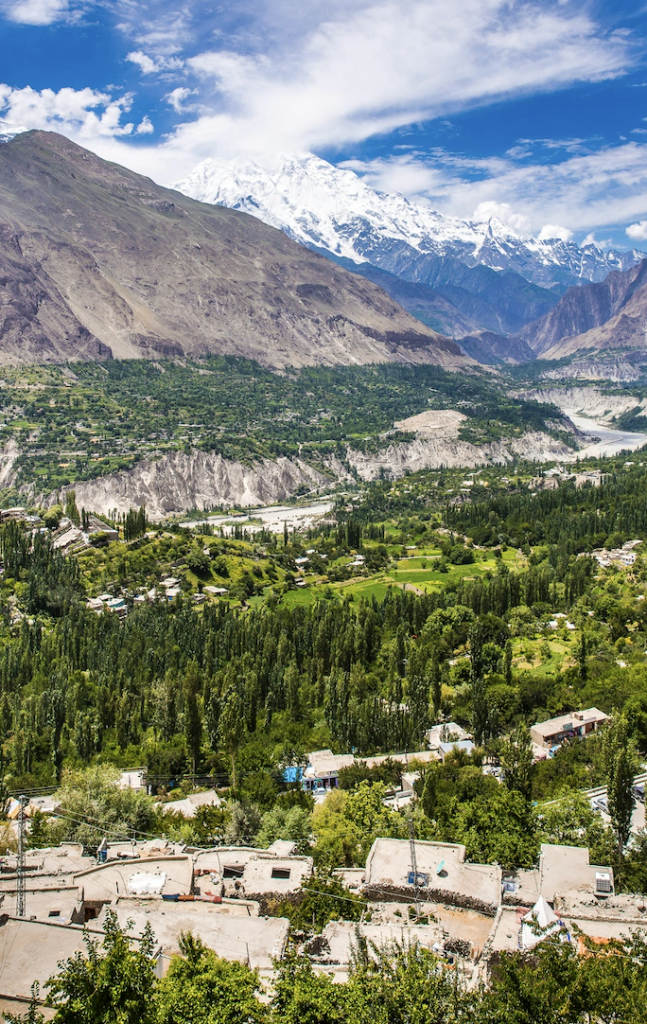By columnist Allegra Mostyn-Owen
Here they are called BBCDs, British-born confused Desis, second- and third- generation kids from the Subcontinent. They are by definition confused. They have been taught that Pakistan (or India or Bangladesh) is the ideal, the bee’s knees, and they experience Western decadence for themselves, but when they go to visit the Homeland, they are shocked by what they see and do not feel really Desi. “It’s so dirty!” younger Pakistanis have confessed to me in dismay: “There are so many flies!”
Still, traditions and family ethics are very strong, and even if children stretch boundaries, they rarely go against their parent’s wishes for marriage, even when that means having to marry a village boy from Pakistan. Whilst many arranged marriages do work, many do not. It can turn into a grim stand-off where the parties are separated by a gulf of incomprehension, and the newcomer is trapped at home by the language of a woman or locked in by a bullying father-in-law’s confiscation of passport if a man.

Bonds are strong in Asian families but, when things go wrong, women get a raw deal. Whether they choose divorce because of incompatibility or are dumped by their husbands, they are disgraced and often shunned. In close-knit communities like the ones in East London, other women will cross the road to avoid contamination by a divorcee. There is little prospect of remarriage unless the woman is prepared to compromise in the knowledge that, even if she marries down, she may always be treated as second-class material. And then there is the problem of domestic violence, where the husband takes out the frustration he feels with society on his wife or indeed his children.
Even though London’s Pakistani children may be exposed to all the vagaries of Western living through watching East Enders, they are still unprepared for family breakdown. There are few support networks for the dropouts in a community which is so strictly conventional.
In his speech about multiculturalism, David Cameron talked of rootlessness driving Muslim youth to extremism. To an extent he was right. There is a lot of cultural rootlessness amongst children who can speak (still less write) neither English nor Urdu fluently and who feel disenfranchised where they belong. The rootlessness which drives some teenagers to anger and extremism is born of disappointment and self-hatred. When an adolescent boy has watched too much pornography on the internet and shared too many joints with his mates, when he has felt confused by the extent to which Western advertising provokes him, he can easily turn to the noisy embrace of Hizb-ut-Tahrir. They make you feel welcome. There are no ambiguities, apparently, and everyone can grow the same straggly whiskers. No more name-dropping Dolce & Gabbana: it’s all Gaza and the Caliphate now.

And what happens to the girls? Usually, their access to computers and to the outside world is much more restricted, and they have been drilled to duty. Not many are encouraged to seek fulfilment beyond the beauty parlour. For the ones who are not swept up in the mad consumerism of cosmetics and clothes, withdrawal gives some kind of release: a withdrawal into ever more enclosing garments and controlled intake of food.
Parents are left nonplussed. On the one hand, they may be delighted to see their children so pious; on the other, they are baffled by their choices. Often enough, fathers have been so busy working as waiters and minicab drivers and mothers as put-upon homemakers that there has been little room for understanding. In any case, dialogue may not be easy in families unaccustomed to expressing feelings, where problems are typically swept under the carpet.
These phenomena are not about religion, they are about background, relative deprivation, cultural mismatch and educational underachievement: the sense of rootlessness amongst Pakistani youth will persist until enough of them feel upwardly mobile. Only improved education can provide this.






